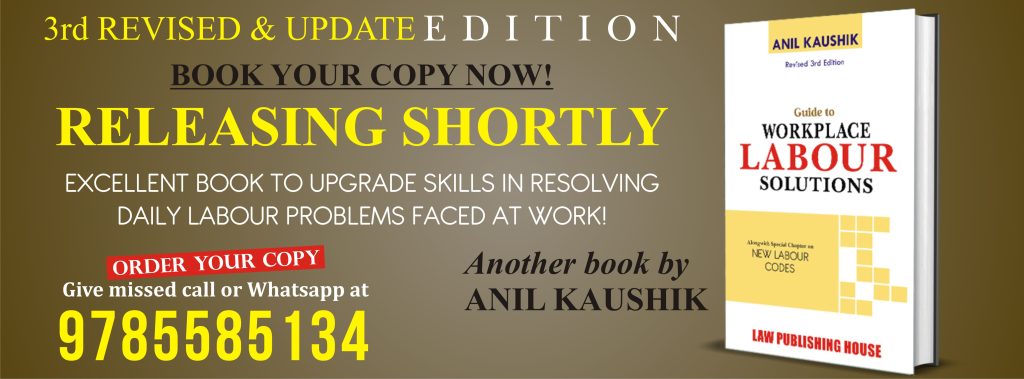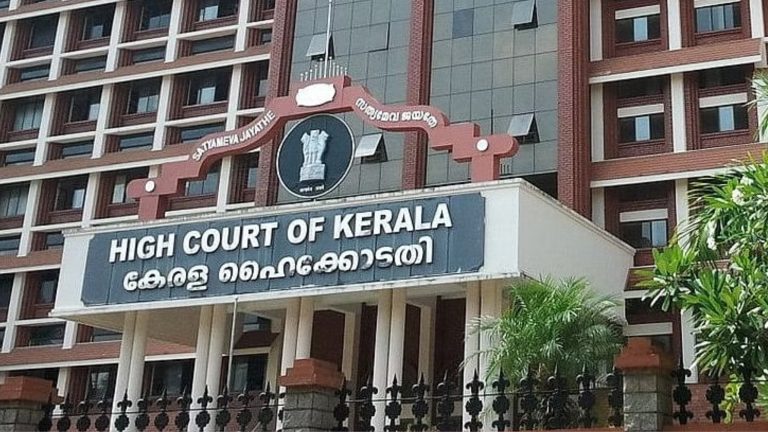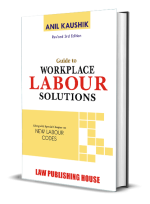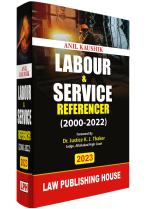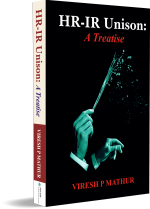Recently the Kerala High Court in the case of National Insurance Company Ltd. &Ors. v. S. Sudeep Kumar, held that an employee has no right to get his accumulated leaves encashed on leaving the service either by way of resignation or retirement or otherwise, unless otherwise enabled by any law or service rules or terms of employment.
Setting aside the single judge judgment, directing the Company to disburse leave encashment to the employee along with 6% interest, who resigned, Division Bench held that, “The incident of retirement, either voluntary or on superannuation, is a sine qua non for claiming the benefit of earned leave as per the above norms. The petitioner has not secured either voluntary retirement or superannuation retirement. His resignation cannot be equated to voluntary retirement, since he resigned before he had attained the cut off age of 55 years. There is no question of even remotely treating his resignation as voluntary retirement, in any view of the matter.”
High court single judge order was challenged in appeal by the National Insurance Company .The employee who had served the National Insurance Company Ltd. for 21 years, resigned from the service and despite being informed about entitlement to earned leave encashment, the amount was not paid even after asking for the same repeatedly. The company rejected his claim of encashment of leave on that leave encashment benefit was only available for employees who are retired and not otherwise.
Court observed that company is governed by the General Insurance (Termination, Superannuation and Retirement of Officers and Development Staff) Scheme, 1976. The employee opted for this scheme over the 1995 Pension Scheme. Clause 4(5)(a) of the 1976 Scheme allows earned leave encashment for retirees or those voluntarily retiring, excluding those in Clauses 4(4) and 5 whereas the resignation falls under Clause 5, which mandates a three-month notice before discontinuing service. The employee gave two months’ notice and argued that Clause 5 doesn’t apply.
“It is therefore clear and beyond the cavil of any doubt that Clause 4(5) dealing with earned leave encashment is not applicable to officers covered by Clause 5 by virtue of the proviso to Clause 4(5). Resultantly, the petitioner’s claim for earned leave encashment is not supported by the statutory regime in Annexure-R2(A) Scheme.” However, the Court held that Clause 4(5)(a) exclusion applies, and the employee didn’t meet retirement criteria, so leave encashment was denied.
Stay connected with us on social media platform for instant update click here to join our LinkedIn, Twitter & Facebook
